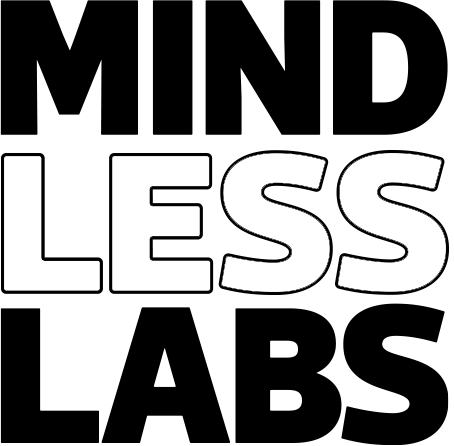Feeling stuck in the shadows of depression? We’ve got you. Explore natural pathways and holistic treatments for depression that work. From serotonin-boosting foods to mindfulness meditation techniques that rewire your brain, our holistic and evidence-based approaches meet you where you are. You’ll discover practical tools to help you build emotional resilience, improve sleep hygiene, and rediscover mental clarity.
One of the most common questions I hear is, “WHAT IS WRONG WITH ME?”. If we are talking about your soul, or your character, I can virtually always say there is nothing wrong with you. Almost always, your symptoms, your emotional reactions, your coping skills, and your relationship skills have very much to do with what happened to you. Some of the most common life events with easily detectable and research-backed effects are those presented in the famous Adverse Child Experiences Study (“ACEs”, Felitti, et al., 1998):
-Sexual, Physical, or Emotional Abuse
-Physical or Emotional Neglect
-Household Dysfunction: Parent Mental Illness, Divorce, Drug Abuse, Incarcerated Relative, Witnessing Violence.
90 percent of the population has experienced at least one of these.
How about you?
Even if you haven’t experienced what might be considered macro-traumas like the ACEs, you have almost certainly experienced micro-traumas. Either way, if they went untreated, they are likely still inside your brain wiring, affecting how you experience the world. The kind of trauma I most detect in those who report nothing “terrible” from childhood are the micro-traumas. Some examples are:
-Getting yelled at.
-Being judged or criticized.
-Being publicly shamed.
-Being bullied.
-Experiencing intense unpredictable emotions from adults.
-Receiving consequences disproportionate to the offense.
-Being compared to others (especially siblings).
-Being praised or loved according to level of achievement.
-Having your emotions invalidated or questioned.
-Feeling the need to withhold opinions or emotions for fear of retribution.
There are many many more. The important thing is that these small emotional injuries don’t go away without proper processing, meaning they need to be identified, felt, validated, and resolved with expressions of love, apologies, negotiations, etc. How do you know if a trauma is processed? Try to put yourself back in the memory. If it evokes any sort of distress (anger, fear, shame) or numbness (making you check-out) then it is STILL affecting you. If not processed, traumas build up, and will manifest as somatic symptoms (headaches, stomach problems, ulcers), anxiety or depression, anger outbursts, inexplicable crying spells, or mania/hypomania. If not now, they will when your systemic stress increases (kids, economy, pandemics, work, school). If you are reacting disproportionately to a situation, there is most likely an old unprocessed experience coloring the present. You can find it by thinking of similar memories where you felt this same way. Go as far back as you can remember.
Think about this.
What happened to you?
If those things happened to you, what happened to the person that may have inflicted these things on you? Identifying these things is the first step to addressing them.
*Felitti, V. J., Anda, R. F., Nordenberg, D., Williamson, D. F., Spitz, A. M., Edwards, V., & Marks, J. S. (1998). Relationship of childhood abuse and household dysfunction to many of the leading causes of death in adults: The Adverse Childhood Experiences (ACE) Study. American Journal of Preventive Medicine, 14(4), 245- 258.






